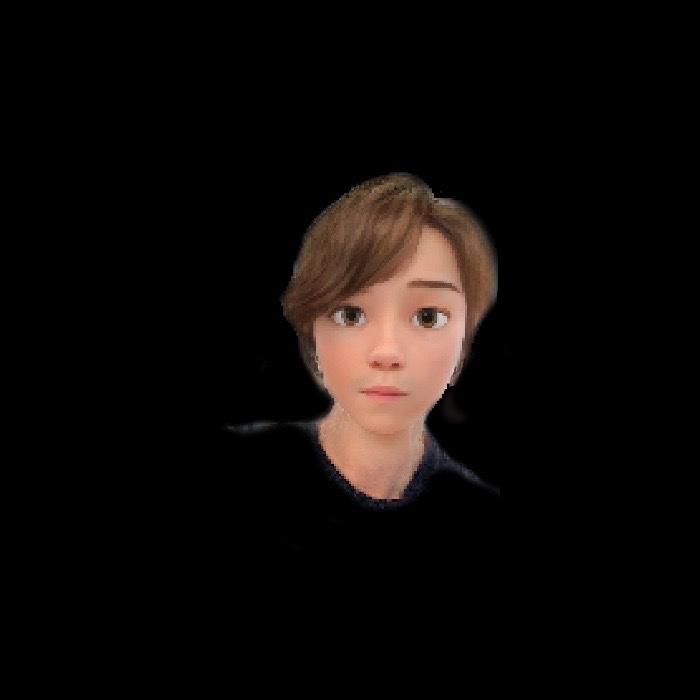A man, if he wants to be an intellectual, has to learn how to differentiate his thinking, his reasoned judgment, from his emotions, wishes, hopes, fears or whims.
He must learn that feelings, emotions, are not tools of cognition, that emotions are the product of his premises, they are not a guide to reality, they are not a form of knowledge and perception. Therefore the first thing that a man who wants to be an intellectual would have to accept is a full understanding of the fact that man must be guided by reason and that it is only on the basis of reason that he can approach other men and discuss, cooperate, or act with them or deal with them.
On the basis of emotion, he would have to resort to blind force, because emotions are irrational or unprovable. If two men act on the basis of their emotions, they have no means of communication. When emotions are put in their proper place, which means as the consequence of reason, not as the leader of reason, then men have a common vocabulary, they have a common means of understanding, and a common frame of reference and arbiter, which is reality.
In your latest book I know you talk not only of mysticism, but this is only one part of a trend that you have traced, and you called the mystics the which Doctors, as I remember - and you also talk about the rule of force and the men of force, the Attilas of the world, so how do they fit into your framework?
Well, you see, in fact reason is man's only faculty for perceiving reality. Reason is the only means by which man can achieve knowledge of reality. And by reason, of course, I mean the faculty which perceives, identifies and integrates the material provided by man's senses.
Therefore reason is man's faculty for perceiving reality. But reason does not work automatically. Men have to decide, will, to think and to perceive. Men can receive sensory data or integrate sensations into perceptions automatically, but they cannot form concepts, they cannot form abstraction, automatically.
That has to be a volitional function of man's consciousness. Since most men, guided by their philosopher, do not wish to think, and they consider thought and reason is a dangerous or impotent or too much of an effort. Most human cultures with very rare exceptions have been ruled by what I call Witch Doctors, and a Witch Doctor is any man who takes his emotions, not his thinking but his emotions, as his tool of cognition and his guide to reality. He functions by means of faith.
He acts on the basis of blind beliefs, which in fact are nothing more than his wishes. He is guided by his wishes, by his whims, which he takes as a guide to reality. No matter on what level of culture you observe him, that type of man is a Witch Doctor in the sense of his psycho-epistemology, of the way he uses his mind. And since he has to deal with other men, since on the ground of emotions no one can deal with reality nor with people, the natural ally of the Witch Doctor will always be the type I call Attila, that is, the primitive, savage tribal chief, the man who acts only on the range of the moment, on his immediate sensory perceptions, who is contemptuous of and refuses to consider ideas, principles, or abstractions, and whose way of dealing with reality and with other men is by means of brute force.
Attila is either the gangster or the dictator or the military conqueror or any man who believes that force is practical - any man who refuses to think and wishes to loot, enslave, or force others. All through history, all major cultures with very few exception were ruled by an alliance of the man of faith, that is the Witch Doctor, with the man of force, which is the Attila.
The Witch Doctor provided the goal and the values and the moral sanction for Attila to enforce in the world. And in today's world, you see the same phenomenon in allegedly civilized terms, but the essence remains the same: a dictator, which is the Attila, a man like Khrushchev, and his political theorists, the modern leftist, liberal, socialist intellectuals, who are philosophically Attila-ists. They in effort provide an allegedly non-mystical moral justification, a philosophical justification, for Attila and for the rule of brute force.
I call them the neo-mystics, because they are as much against the validity of reason as were the original jungle witch doctors.
I can see the relationship of what the mystic or the neo-mystic can give to the Attilas, but what, why do the mystics need the Attilas? what is the relationship the other way? What does? Why do the mystics?
Yes. Because the mystic's first and motivating force is dread of physical reality. Since he is a man who holds his emotions above reality, who in any conflict between his feelings and the facts of reality, will select his feelings and will abandon reality or deny it, he cannot deal with reality at all, and his mysticism is a form of escape from the necessity to deal with reality or with facts. Therefore he needs Attila as a protector.
He needs Attils to save him from the necessity of dealing with facts to provide his material livelihood, and to enforce his edicts on the victims.



